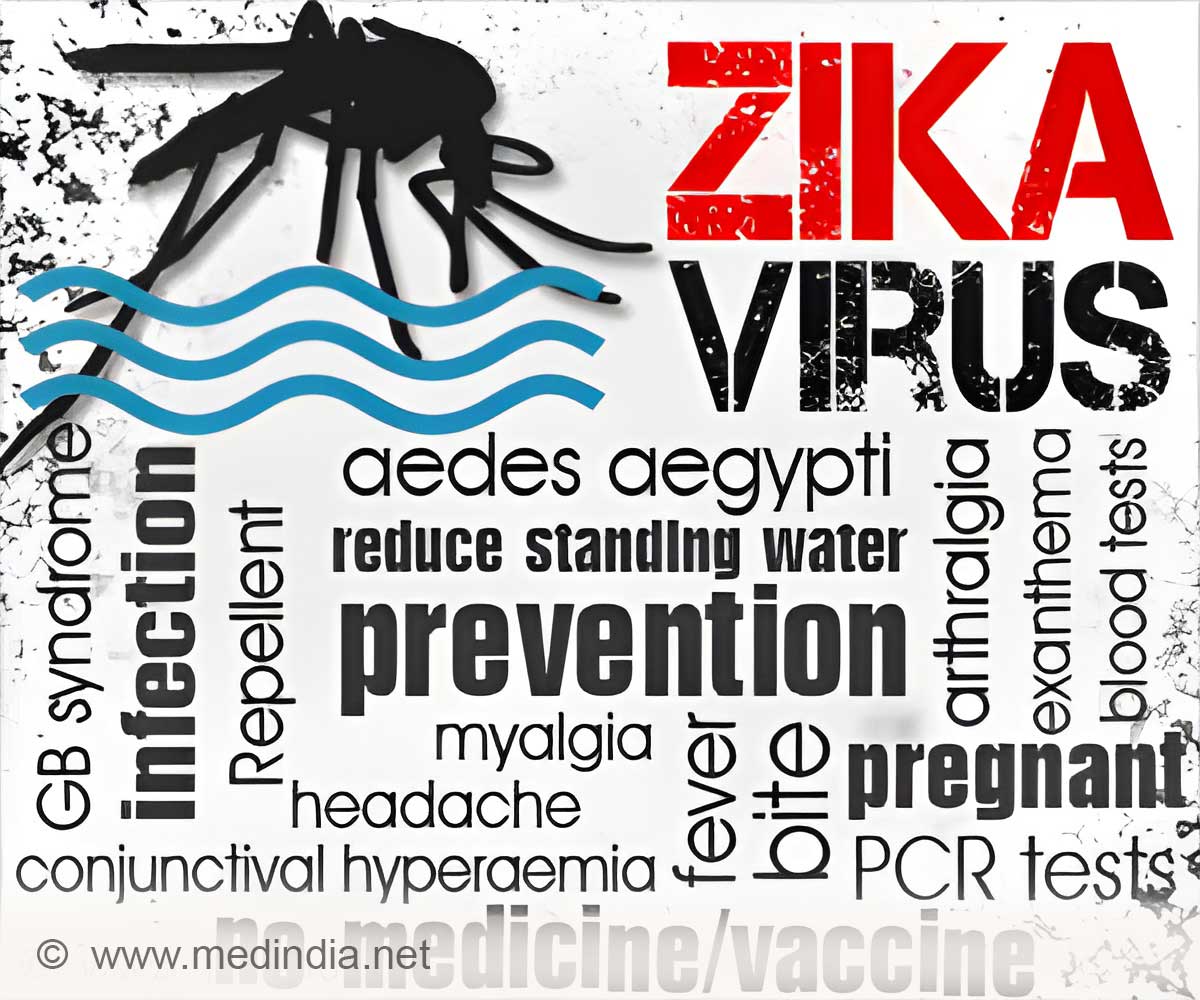Only pregnant women and people planning a family need fear Zika, disease experts said after golfer Rory McIlroy withdrew from the Olympics over virus fears.

‘Golfer Rory McIlroy withdrew from the Olympics over Zika virus fears. However, disease experts said that only pregnant women and people planning a family need fear Zika.’





Despite the WHO circular, golfer Rory McIlroy became the latest athlete to withdraw from the Olympics over virus fears. However, disease experts said that only pregnant women and people planning a family need fear Zika. Should Rio-bound Olympians and sports fans be concerned? We asked the experts.
Q: Who needs to be concerned about Zika?
A: Women who are pregnant or planning a baby imminently, as the virus targets the fetus in the womb, said Cardiff University infectious diseases expert Andrew Freedman.
Men who contract the virus in Brazil can pass it on to their partners through sex, so would need to use condoms for several months after their return.
Advertisement
Q: Is there a risk to the athletes themselves?
Advertisement
"Rarely, complications such as Guillain-Barre syndrome may occur," said Jimmy Whitworth, a professor of international public health at the London School of Hygiene & Tropical Medicine.
But he called for 'perspective'.
"The most credible estimates suggest no more than 10-20 infections with Zika among the half a million athletes and visitors going to Brazil for the Olympics."
Q: What precautions can be taken?
A: For most people, the main thing is to protect oneself against mosquito bites by covering up and using a good insect repellent, said the experts.
But pregnant women should not travel to Rio at all.
Those considering a baby, who do not fall ill, should delay conception for two months after their return as a precaution, said Whitworth.
"In the unlikely event of a woman or her partner getting infected with Zika, they should delay pregnancy for six months, by which time all traces of Zika infection will have been cleared from the body."
Q: Is the decision to withdraw scientifically sound?
A: The chances of contracting Zika on a golf course are very low, said Whitworth, as infecting mosquitoes live mostly around houses and rarely venture more than 50 meters (160 feet) from their breeding sites.
"Obviously I don't know the reasons for this (McIlroy's) decision, but it does strike me as being extreme," added virology professor Jonathan Ball of the University of Nottingham.
But Peter Barlow, an infection expert at Edinburgh Napier University, said the long-term effects of Zika are poorly understood.
"It is completely understandable that an elite athlete such as Rory McIlroy is putting his own and his family's health first in this instance, particularly if he has plans to start a family in the near future."
Source-AFP










